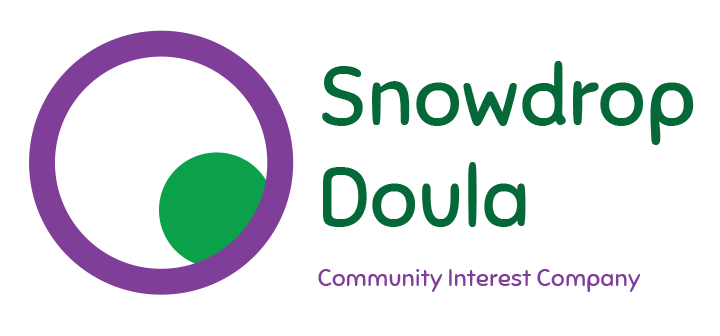We are constantly told from a very young age that babies communicate by crying only. It is true that crying is their way of communicating with us. However, crying is a LATE feeding cue. This means that baby has been communicating with us for a while in another way and we have missed these cues.

The video on this blog shows us early newborn feeding cues. Note the following cues as you watch it.
- Eyes open,
- Alert
- Fidgeting
- Hands to mouth
- Lip licking
- Lip smacking
- Making noise
- Sticking tongue out.
Of course your baby may not display all of these and may even have a few of their own. Each bay is an individual and finding their cues may take time to learn in the early weeks. This list are the common cues that we know of.
Saying things such as “If your baby is crying you’ve not listened to them.” Can be quite a difficult thing to hear. Our modern lifestyles mean that we aren’t often close/attached to our babies and perhaps we were once. As you will note from the video the baby has only communicated for a few minutes all of the cues above. That’s only the amount of time to make a cup of tea, or attend to another child. The baby here doesn’t cry in the video but by the time he was out to the breast, shortly after, he was beginning to cry. Our lifestyles mean we are often busy so may miss all these cues.
So what can we do?
It is noted in tribes where mothers carry their babies and have open access to the breast that the babies rarely cry. These mothers keep their babies extremely close whilst they go about their day to day business. They note when baby is awake and offer breast immediately. Again this may not always be practical for us to do long term but in the early days/weeks if we stay close we can learn so much from our baby and our baby learns us.
There are lots of schools of thought that having a ‘babymoon’ for a few weeks after can help with this. This is where a woman stays with her baby constantly (ok, maybe not 24/7 but mostly) for at least 2 weeks, most of it in bed. They learn so much and breastfeeding rates improve and postnatal depression rates lower. Even if this is not possible it’s important to note that being aware of your babies cues can help with breastfeeding. If you’ve ever tried to feed a crying baby (either by breast or bottle) you will know how difficult it can be. I know when I am upset and have been crying or even if I am crying, I don’t want to eat. I suppose this could be the same for a baby.
Babies do cry and if you’re baby cries you shouldn’t feel bad. Maybe think if you have missed something? How could you do things differently next time? Did they tell you before the cry they are hungry? Are they crying because they are hungry?
Here are a few phrases we often hear. Now you know the early feeding cues, what do these phrases mean to you?
“She is so worked up she won’t latch on”
“He’s crying so he must be hungry”
“She’s not crying so she mustn’t be hungry yet”
“When they tell you they’re hungry he’s too old to be breastfed”
From birth babies tell you they are hungry. Chances are that if baby is awake, baby wants milk.
Video and Blog by:
Michelle Bromley – Snowdrop Doula Community Interest Company
References:
- http://www.ncbi.nlm.nih.gov/pubmed/3517799 Baby wearing decreases crying
- http://www.biomedcentral.com/1471-2393/10/21 Crying babies increases depression in mother
